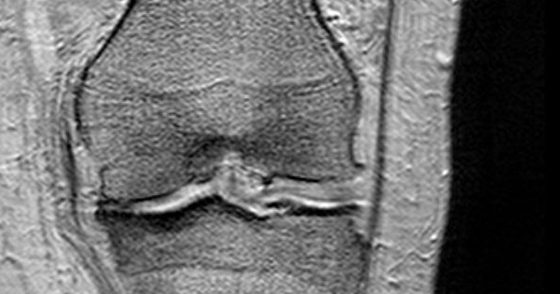n biochemist who can explain in a generally understandable way, without a manuscript or a PowerPoint presentation, how unique every human being is, may well be called particularly gifted. At the SGIM congress in Basel, Prof. em. Gottfried Schatz, MD, not only to captivate the audience, but also to give them a sense of uniqueness.
Humans are not just pre-programmed biochemical machines subject only to the dictates of hereditary material, but have it in their own hands to bring about changes for their lives and also for their descendants, according to the core message of the former director of the Biozentrum in Basel. “Each person is a distinctive molecular individual,” because the highest principle of nature is to produce as many phenotypes as possible, he said.
As explained by Prof. em. Gottfried Schatz, MD, this optimistic view? In the wealth of information in our genome, not only one expression is fixed in each case, but a multitude of complex processes is possible: whether the genome is read, how often this takes place and at what time – these variants alone are an expression of this diversity. Our genome is stored in the nucleus of every cell and has 3.2 billion letters, over 95% of which are genes that are not yet recognizable to us. Thanks to maternal and paternal variants, we could theoretically form over 50,000 different proteins. In fact, the diversity is much greater through processes after reading, so up to 70,000 proteins can be created from one gene through diversity as read and further chemically modified.
In addition, the environment can change genes: Mutations are rearrangements of the sequence of letters such as loss or duplication. Epigenetic changes are changes to the letters themselves, the most common being methylations. Our lifestyle, diet, diseases, drugs, and even social interactions leave methylation traces.
“The richness of our genetic heritage lies not only in its size, but also in the virtuosity with which we make use of it,” Prof. Schatz said. Our brain cells, for example, are able to chemically modify proteins in response to environmental stimuli. It is also interesting to note the phenomenon that identical twins develop more and more individual “peculiarities” in the course of their lives. This is a clear indication that the environment can very well influence the “biochemical machine”. Using further examples from genetic research, Prof. Schatz showed how flexible the blueprint and information content of the genome of individual species are. Homo sapiens is at the top of the hierarchy. “Man, as highly complex matter, is a miracle in a chemically primordial universe. We interpret the genes, each of us is a dream of his genes.”
Source: 81st Annual Meeting of the SGIM, May 29-31, 2013, Basel.
Literature:
- Schatz, G: Beyond the genes. Essays about our being, our world and our dreams. 2012; Verlag Neue Zürcher Zeitung, Zurich.











